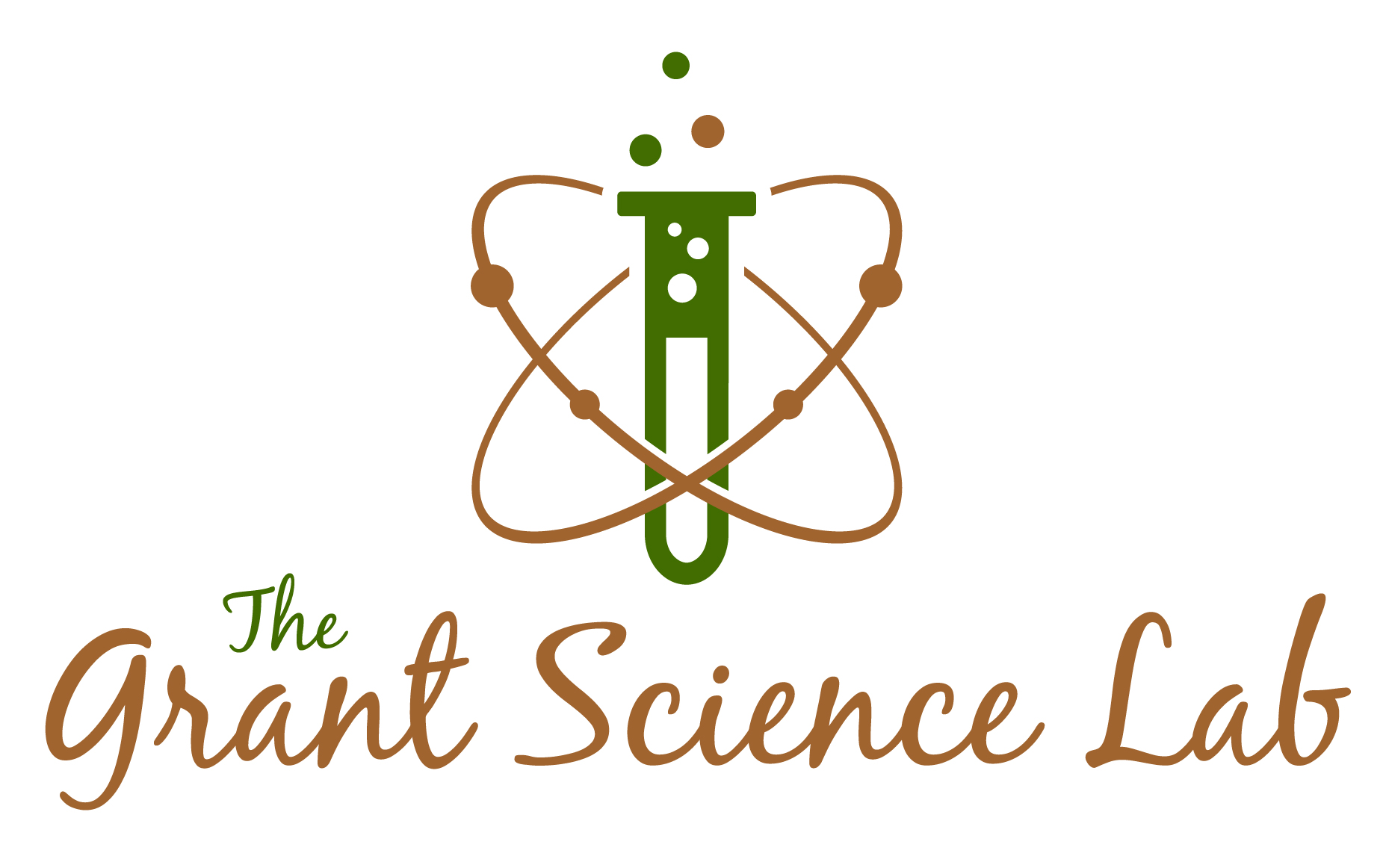Middle Aged and Moving Forward
 What kind of life is possible after the dissertation? What kind of a career is for me outside academia?
What kind of life is possible after the dissertation? What kind of a career is for me outside academia?
These are a couple of the important questions that arise from Jacquelyn Gill’s Blog Carnival call on What’s Your Post-PhD Story? Pieces of my post PhD story are within this website and elsewhere, but for personal reasons I won’ t link them here.
Graduate school, postdoctoral experience, and the tenure track position for me all happened in the 1980s. In my opinion and from personal observation, that decade saw increasing numbers of women in the life sciences and other STEM disciplines. This is the beginning the numerical parity with men that exists now in biology. It is also the decade, where molecular biology really began to advance in a significant way.
Reading Requests for Proposals, Grant Solicitations, Applications, and Guides
 The first rule of research grant proposal preparation is: Read the Request for Proposal (RFP). Then read it again. In fact, as a principal investigator or project director, you should probably read it three or more times and refer to it regularly throughout the proposal writing process.
The first rule of research grant proposal preparation is: Read the Request for Proposal (RFP). Then read it again. In fact, as a principal investigator or project director, you should probably read it three or more times and refer to it regularly throughout the proposal writing process.
Q: Why should you read it multiple times and regularly refer to it?
A: These documents are full of details. The devil is in the details. You don’t want to miss any bit of critical information.
Professional Development: Past, Present, and Future
 Professional development should be a part of any and every career. As a former faculty member, faculty development, whether in teaching or scholarship was part of that life. As a scientist, attending scientific meetings, presenting papers at the same, participating in various topic workshops was a part of not only professional development, but also about communication of scientific findings to the research community. As part of both faculty and scientific professional development I attended a few grant writing workshops whether sponsored by the university or an outside organization.
Professional development should be a part of any and every career. As a former faculty member, faculty development, whether in teaching or scholarship was part of that life. As a scientist, attending scientific meetings, presenting papers at the same, participating in various topic workshops was a part of not only professional development, but also about communication of scientific findings to the research community. As part of both faculty and scientific professional development I attended a few grant writing workshops whether sponsored by the university or an outside organization.
It’s been a few years since I attended or presented at any kind of professional conference, but not even a year ago, I jumped in with both feet as a volunteer with the first Southern Regional Grant Conference of the Grant Professional Association (GPA), organized by the Georgia chapter of the GPA. That act opened new opportunities for career development as a grant consultant. Last fall, I attended the national conference of the GPA held in Baltimore, MD. Every workshop or group session connected to professional development in some way. It was refreshing to realize that the 20 years I spent researching, writing, and administrating scientific and a few educational grants in my career as a college professor between teaching and service requirements was the perfect training ground for a grant consultant. One of the best things about the conference was no one seemed to be worried about “getting scooped” with research results in the rush to publish or about intellectual property. There still is a lot to learn from this wide variety of grant professionals.
Just eleven months ago the Georgia chapter of the GPA was putting the final touches on their first conference. Now, the second Southern Regional Grant Conference begins Thursday. The conference agenda and workshop topic schedule is here. Use #srgc14 to follow the conference on Twitter or join us at the live feed. Check out my workshop on Scientific Research and Academic Grants: A Guide for the Curious, which I will embed here after the event. I’m looking forward to the next GPA conference in Portland, OR to grow professionally as a consultant, work with my colleagues as the chair of the new Science Special Interest Group, and prepare for certification as a grant professional through the Grant Professional Certification Institute.


